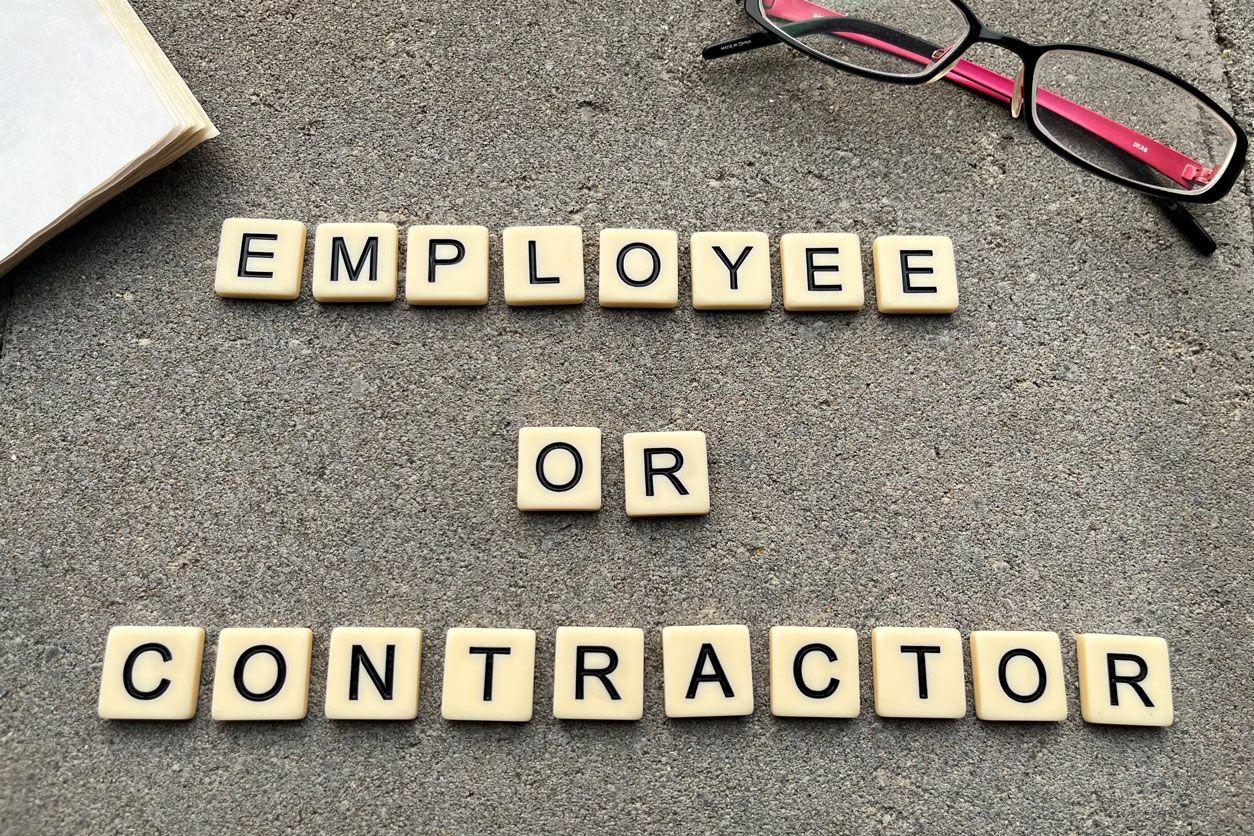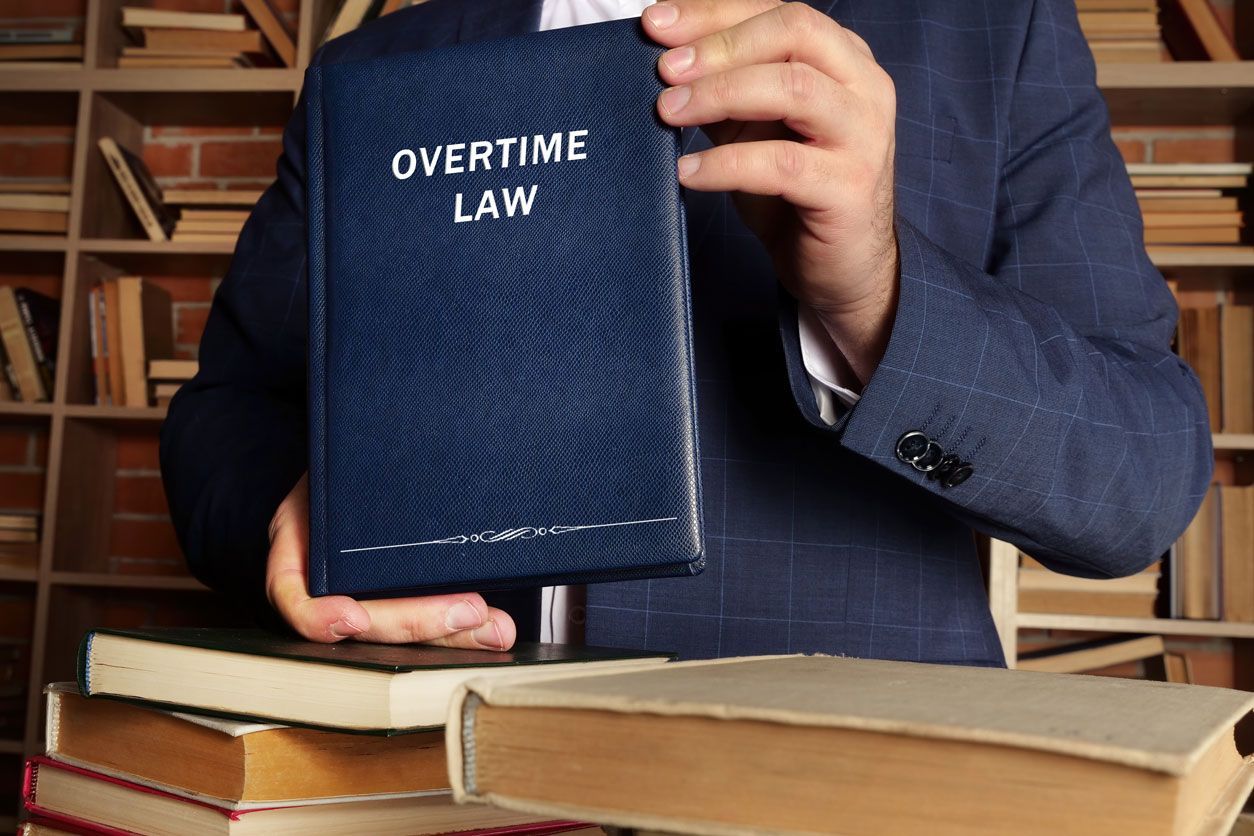Can I Sue for Being Fired Without Warning in California?

When Is a Sudden Termination Illegal in California?
Not every termination without warning is illegal, but in certain situations, it can be. A sudden termination can be illegal if it violates state or federal laws. An example would be if you’re fired due to your race, gender, disability, pregnancy, retaliation for reporting a workplace violation, or in violation of an employment contract.
If you live in California, it’s important to understand how the state’s employment laws work and when getting fired without notice crosses a legal line. Let’s walk through what you need to know about getting dismissed without warning, your rights as an employee, and what to do if you think your employer broke the law.
When Employers Can Fire Without Warning
Can you be dismissed without warning? Yes, in many cases that’s perfectly legal. Here are common situations where an employer can terminate an employee without any prior notice:
1. Performance Issues
If an employee is not performing well, the employer can take action. This includes missing deadlines, making mistakes, or not meeting expectations. In such cases, an employer can fire an employee immediately.
2. Company Restructuring or Layoffs
Businesses often go through restructuring, downsizing, or cost-cutting measures. Layoffs due to lack of work or budget cuts are usually legal, even without notice, unless a contract or union agreement requires otherwise.
3. At-Will Resignation or Termination
Just as employees can quit without notice under at-will rules, employers can also terminate employment without providing a reason or warning. It may feel unfair, but it’s not unlawful unless it violates an employment law.
California Is an “At-Will” Employment State: What That Means
Under California law, employment is at-will. This means that either the employer or the employee can end the working relationship at any time. They can do this with or without notice, for any lawful reason or no reason at all.
Under California Labor Code §2922, employment without a specified term is presumed to be at-will unless otherwise agreed to in writing. Employers don’t have to justify the termination, and they aren’t required to give advanced notice. That said, they can’t fire someone for an illegal reason.
You May Have a Claim if the Firing Was Illegal
Even in an at-will state like California, employers cannot fire someone for reasons that break the law. Termination without warning is potentially illegal if it involves:
- Discrimination based on race, gender, age (40+), religion, disability, national origin, or another protected category under federal or state law.
- Retaliation for reporting workplace harassment, safety violations, wage issues, or taking protected leave (like under FMLA or CFRA).
- Violation of a Contract where written or implied terms guarantee certain procedures before firing.
- Public Policy Violations, such as being fired for refusing to commit an illegal act or for taking jury duty.
In these cases, the issue isn't just the lack of warning, it’s that the reason for termination violates your legal rights.
Is a Written Warning Required?
A common misconception is that an employer must give a verbal or written warning before firing someone. In California, there is no legal requirement under state or federal law that mandates an employer to issue a warning before termination.
However, there are exceptions:
- Employment Contracts or Offer Letters: If your contract says you must receive a warning or a performance improvement plan before being fired, the employer may be legally obligated to follow that process.
- Employee Handbooks: Some companies outline progressive discipline policies in their handbooks. While not always legally binding, if consistently followed and implied as company policy, courts may treat those steps as part of an implied contract.
- Union Agreements: Workers covered by collective bargaining agreements usually have more protection, and written warnings may be required before firing.
Even when not required, some employers provide warnings to protect themselves from future legal claims.
What To Do If You’re Fired Without Warning
Getting fired unexpectedly can be overwhelming. But there are steps you can take to protect yourself and understand your rights:
1. Request a Termination Letter
Ask your employer to put the reason for your termination in writing. While they may not be legally required to provide it, having documentation can help if you decide to file a complaint or claim later.
2. Collect Your Final Paycheck and Accrued Vacation
In California, if you’re fired, your employer must provide your final paycheck—including unused vacation pay—on your last day. According to the California Department of Industrial Relations (DIR), if the employer doesn’t comply, they may owe you waiting time penalties.
3. Document the Termination Circumstances
Write down everything you remember about the termination. Include the date, who was present, what was said, and any other relevant details. Save related emails, texts, or paperwork. These can be crucial if you need to prove wrongful termination.
Know Your Rights Before and After Termination
California’s at-will employment laws give employers broad power to fire workers, but not unlimited power.
Being fired without warning is often legal, but not always. If your firing was based on discrimination, retaliation, or broke a contract or policy, you may have grounds for legal action. Just because an employer can fire you doesn’t mean they did it lawfully.
At our employment law firm, we represent workers who were wrongfully terminated and help them assert their rights. If you’ve been let go suddenly and think your employer crossed the line, you don’t have to navigate the process alone.
Note: The above article does not constitute legal advice.
Frequently Asked Questions
1. Can I really be fired without warning in California?
Yes, California is an at-will employment state, which means employers can terminate employees without prior notice. But remember, even in at-will situations, firings can’t be for illegal reasons like discrimination, retaliation, or violations of public policy.
2. What counts as an illegal reason for firing in California?
You cannot be fired because of your age, gender, race, religion, disability, or other protected categories under California law (FEHA). Retaliation for reporting harassment, wage violations, or exercising protected leave (like FMLA/CFRA) is also illegal.
3. I was let go suddenly. What should I do first?
Document everything: dates, conversations, emails, and who was present. Then consider speaking with a California employment lawyer to see if your termination may have violated your legal rights. Having clear records strengthens your case.
4. Do California employers have to give warnings before firing?
In California, there’s no law requiring verbal or written warnings before termination. Exceptions exist if your contract, union agreement, or company handbook outlines a specific process—but otherwise, employers are not obligated to warn you.
5. Am I entitled to my final paycheck if I’m fired without notice?
Absolutely. California law requires that your final paycheck, including unused vacation. be provided immediately upon termination. If it’s delayed, your employer may owe you waiting time penalties.
6. Can firing me during probation be considered illegal in California?
Even during a probationary period, employers must follow the law. You can still challenge a termination if it was based on discrimination, retaliation, or breach of contract, even if you were on probation or a trial period.
7. What if I suspect my sudden firing was retaliation?
Retaliation is illegal in California. If you were fired for reporting harassment, unsafe working conditions, wage violations, or taking protected leave, you may have a claim. Document everything and reach out to a California employment lawyer or the Department of Fair Employment and Housing (DFEH) for guidance.
Share on Social Media





